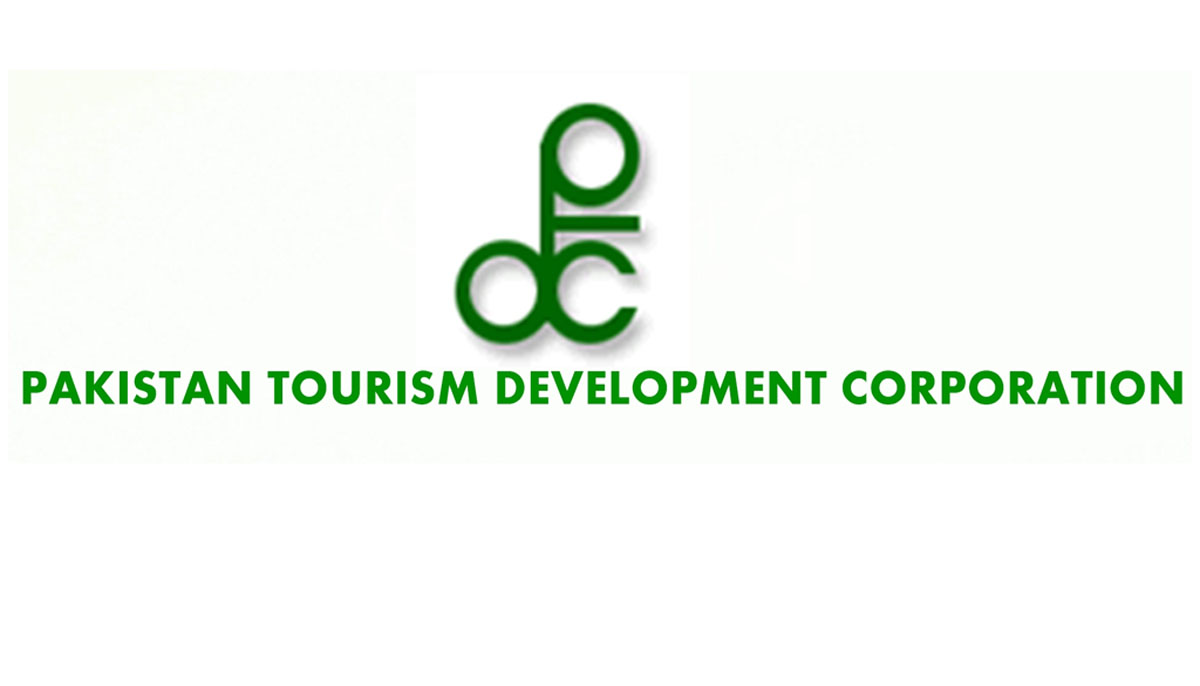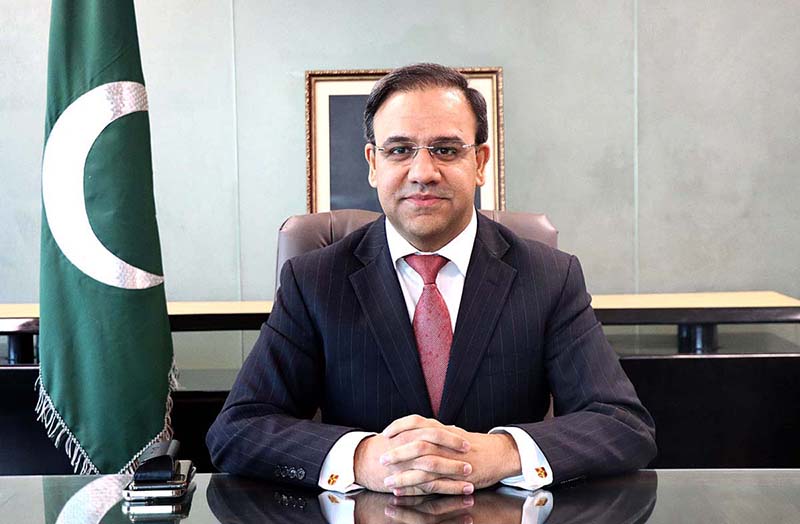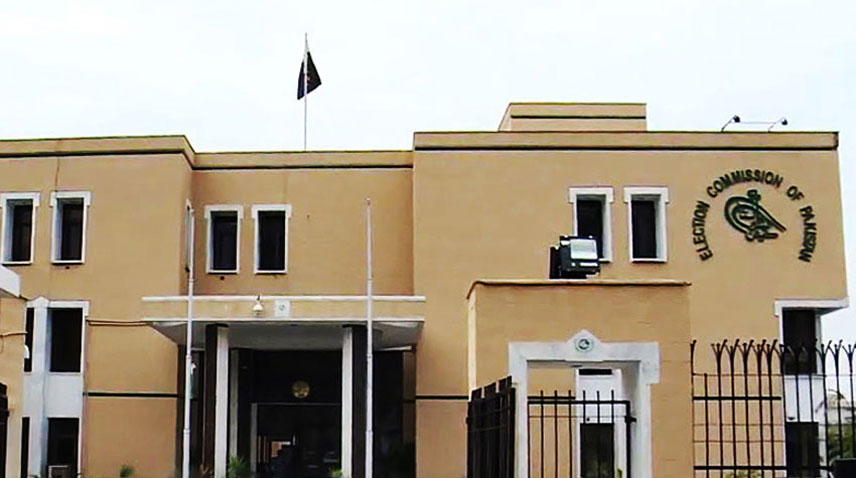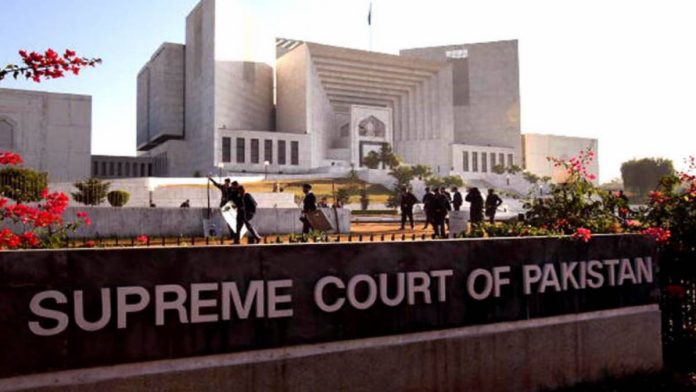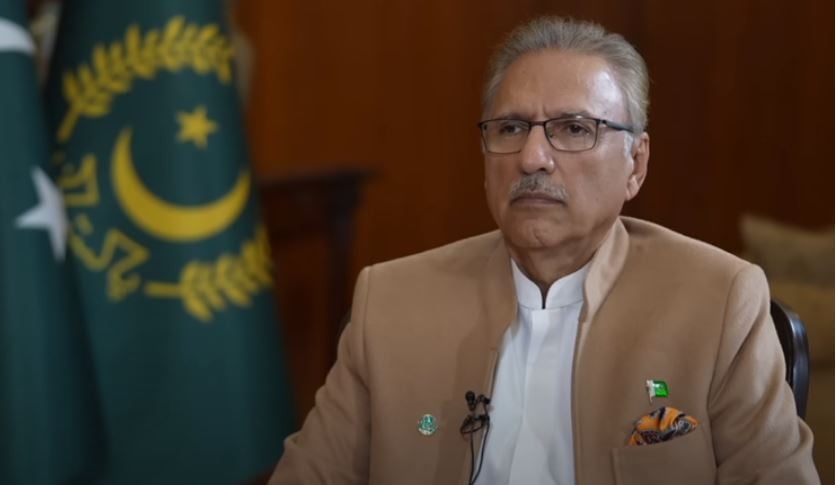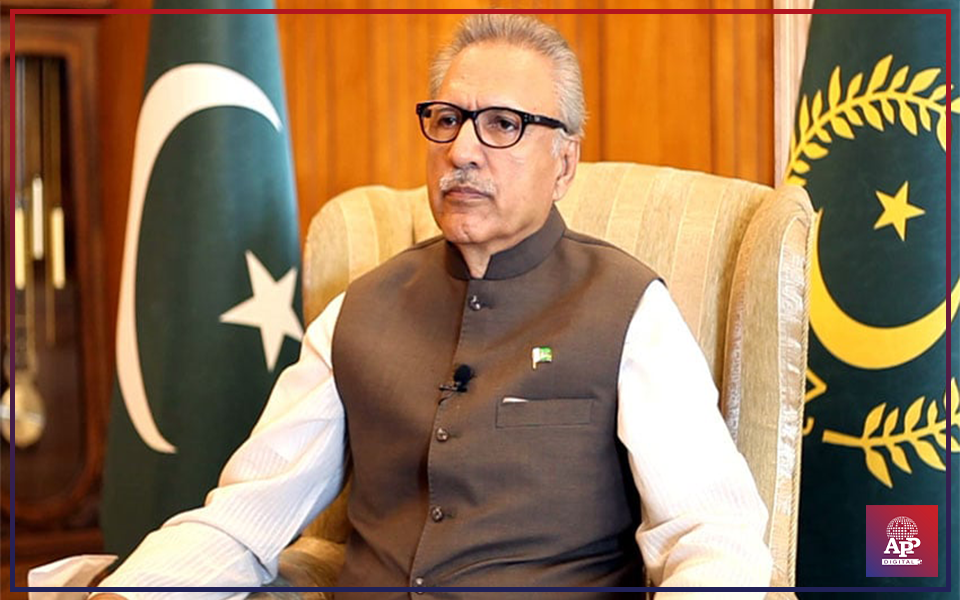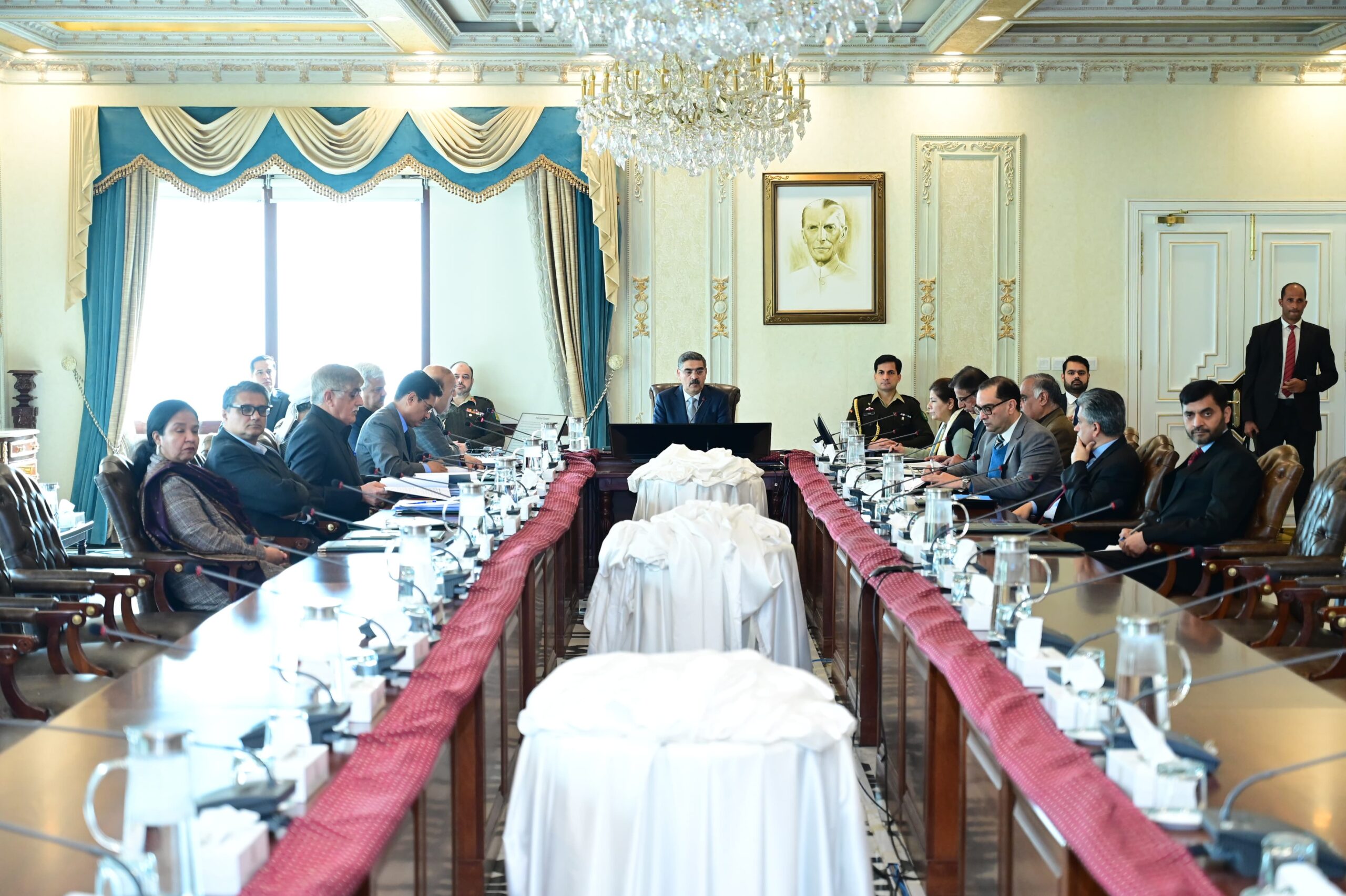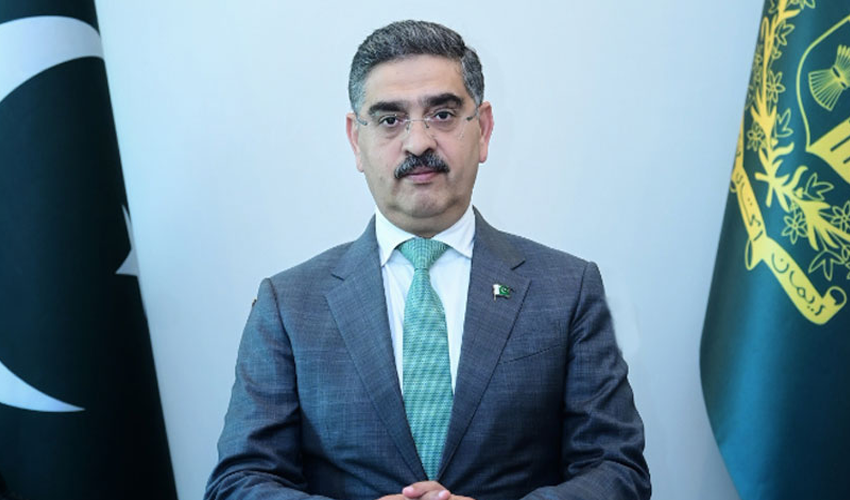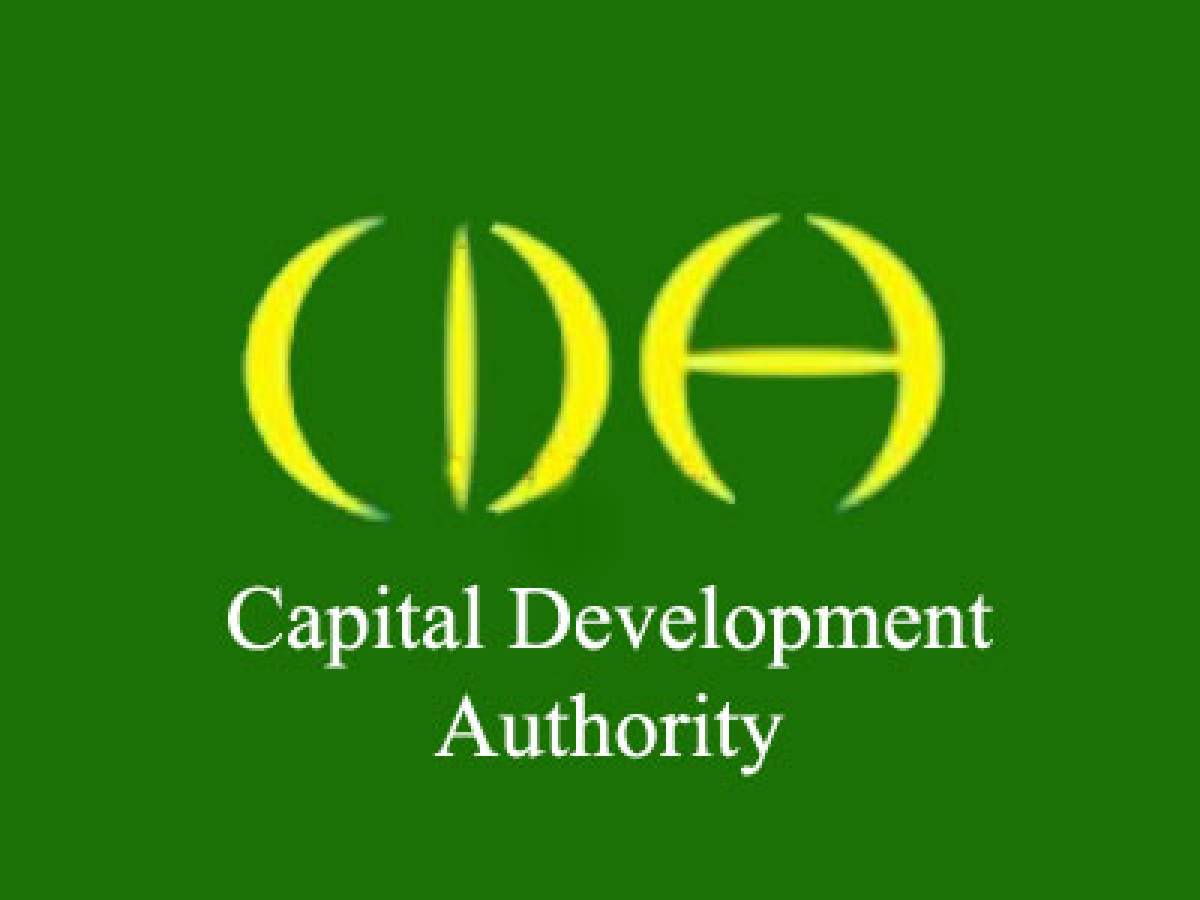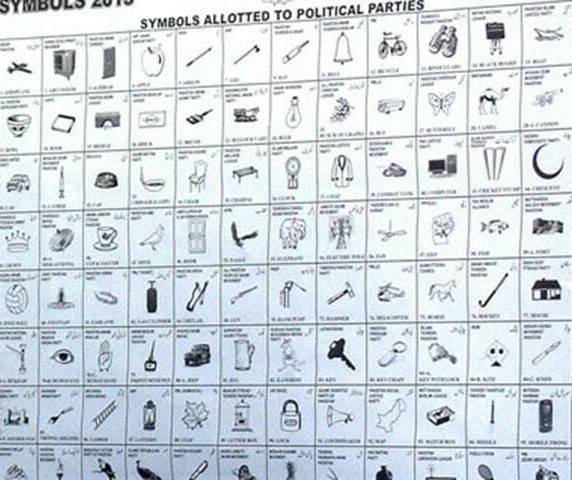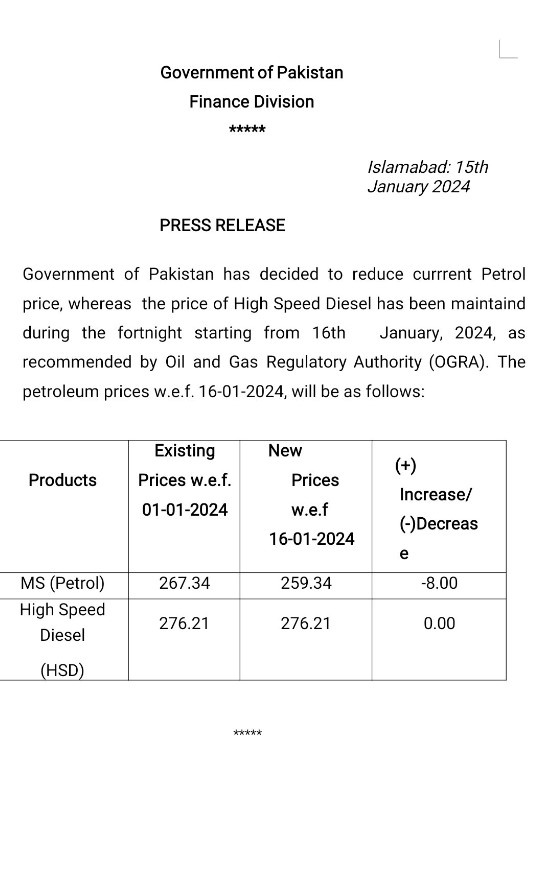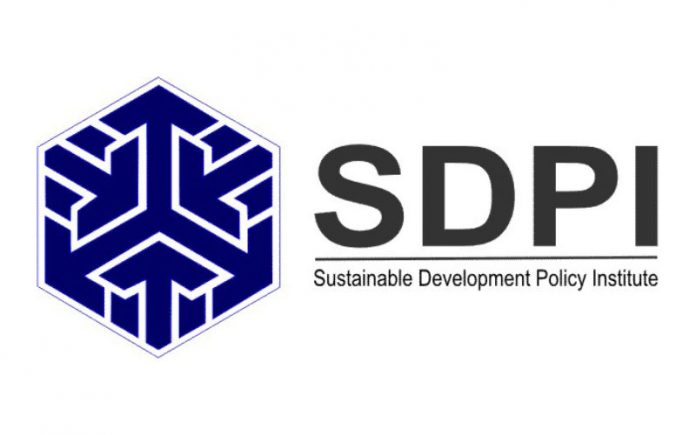Muhammad Farooq khan
MUZAFFARABAD, Jun 25 (APP):The Azad Jammu & Kashmir (AJK) Government on Tuesday presented the budget for the fiscal year 2024-25 of over Rs 264 billion with a development outlay of Rs 44 billion.
As the total income from revenue sources has been estimated Rs 201.17 billion, the deficit is expected to be met with the grants provided by the Federal Government.
Following the footsteps of Federal Government, the AJK Government announced 25 & 20 percent raise in the salaries of its employees and 15 percent in pension in the next fiscal year.
Presenting the budget in the AJK Legislative Assembly, Minister for Finance Abdul Majid Khan highlighted the estimates of income and expenditures, and also elaborated salient features of the budget and successes of his government to cut size the non-developmental expenditures by austerity measures and strict financial discipline.
The minister said the Inland Revenue would collect Rs 75 billion during the coming fiscal year in the head of income tax while the government would receive Rs 105 billion from the Federal Variable Grants (share from the divisible pool), besides Rs 1 billion as water use charges from the Federal Government and other revenue and non-revenue collections of the government departments.
He said in the recurring expenditures, the biggest amount of Rs 43.14 billion had been allocated in the head of pension which was almost equal to the total development budget while Rs 43.68 billion earmarked for non-development expenditures of the education department, and Rs 7 billion for the services and general administration department, besides allocation of Rs. 9.84 billion for police.
He said Rs 41.62 billion had been allocated in the new head “state trading”, without elaborating the type of trade carried out by the state.
The minister said Rs 14.95 billion had been earmarked for the health department and Rs10.81 billion for the energy and water resources department for their non-development expenditures.
In the Annual Development Programme, the minister said, priority had been given to the communication and works department with an allocation of Rs. 14.9 billion followed by education department Rs. 4.8 billion and health department Rs. 3 billion, local government schemes Rs. 3.7 billion, and physical planning and housing schemes Rs. 2.46 billion.
The minister said the volume of the current fiscal year budget was Rs190.935 billion while an increase of Rs. 73.98 billion was made possible in the coming fiscal year budget with the efforts of the present government and cooperation of the Federal Government.
He said availability of the huge financial resources was the key success of his government as within a short time period of one year after assuming the office it accelerated the pace of the development in the region with the provision of Rs. 44 billion for ADP compared to Rs. 23 billion of the current fiscal year ADP.
He said that productive sector was also in the priorities of the government for which 6 percent of the total development budget was allocated in the current fiscal year budget, which had been increased up to 14 percent in the next year budget.
He said the social sector was also given the priority in the coming fiscal year budget with an allocation of 14 percent of the total development budget compared to 6 percent of current fiscal year budget while the share of basic infrastructure had been decreased to 55 percent from the 78 percent.
The minister claimed that the biggest success of the present government was introducing better governance with a commitment to enforce strict financial and administrative discipline in every sector.
While counting the measures taken by his government to improve the governance, he said that it had given priority to improve the performance of education, health and land revenue departments by introducing reforms and enforcing strict administrative discipline including transparency in transfers and postings, appointments and introducing biometric attendance system to ensure 100 percent attendance of employees.
He said by strict financial discipline, the government was succeeded to decrease recurring expenditures from Rs. 190.47 billion to Rs. 165.1 billion in the current fiscal year budget estimates while the target of income was increased by Rs. 177.25 billion compared to Rs. 166.45 billion of initial estimates thus saving of Rs. 12.15 billion was available to minimize the deficit of Rs. 23.597 billion.
He said the government had invested Rs. 9 billion by establishing a social protection trust from its resources and the income of that trust would be spent to provide livelihood to the needy and unemployed people which would be a great milestone to achieve the success of their welfare.
He said the youth were the backbone in the progress of a nation and for the purpose of enhancing their caliber and skill, a “Skilled Youth” programme was being introduced in the coming fiscal year budget, besides improving the performance of Public Service Commission. A handsome amount had been allocated for the purpose in the coming fiscal year budget.
He said under the policy of right sizing, a total of 136 posts, including 40 from the Prime Minister Office and 96 from the Kashmir Council Secretariat had been abolished while 61 employees from the Prime Minister Secretariat and 136 employees from the Kashmir Council Secretariat had been transferred to surplus pool of the services department who will be posted on vacant posts in the other departments.
He said the government was prioritizing E-governance and digitalization of the system to ensure transparency and improve the performance and fast steps had been taken towards the goal to better facilitate the people.
He also announced that the government was restoring the free treatment facility for the needy people through “Health Card” from its own resources in the coming fiscal year budget.
He expressed gratitude to President Asif Ali Zardari and Prime Minister Shehbaz Sharif on behalf of his government for the provision of special grant of Rs 23 billion in the head of cheap electricity and subsidized flour for the people of AJK.
The minister, while mentioning the budget targets, said that the government was intended to take the literacy rate to 85 percent from present 77.5 percent during the coming fiscal year, with rationalization of educational institutes on the basis of population and needs, besides establishing early child education (ECE) classes in 300 middle schools.
Some 3,000 teachers were being appointed through third party evaluation process on merit and a teachers’ training academy was being established at central level to improve the quality of education in the region, he added.
مضمون کا ماخذ : اسلام آباد لاٹری
